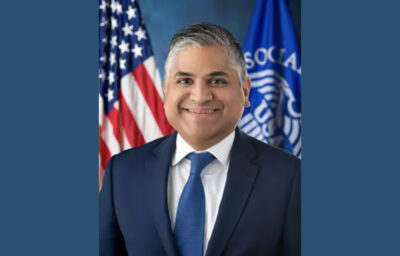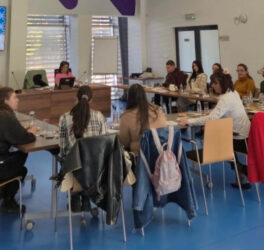With one in four adults having a disability, the national, nonpartisan disability inclusion organization RespectAbility is urging pollsters and polling firms to include people who live with a physical, sensory, cognitive or other disability in their polling data. For decades, pollsters have included demographics by race, gender, age and educational levels. However, voters with disabilities often are left out of polling.
Researchers at Rutgers University estimate that approximately 38.3 million people with disabilities are eligible to vote in this year’s election, which is roughly one-sixth of the electorate. “Millions of Americans with disabilities are more engaged and active than ever before and it’s time for us to be counted, just like anyone else,” said RespectAbility’s President, Jennifer Laszlo Mizrahi.
The one in four adults with the disability include people with spinal cord injuries, low vision or who are Deaf/Hard of Hearing, as well as those with learning disabilities, mental health conditions, Autism or other disabilities. The sheer number of people with disabilities makes them the nation’s largest minority community.
RespectAbility also is asking pollsters to track if people with disabilities are being denied access to vote or have challenges due to lack of access. One study of the 2012 election found that fully one-third of voters with disabilities encountered a barrier to voting at their polling place. A 2017 study found that approximately 60 percent of polling places were inaccessible to people with disabilities. This speaks to the fact that many polling places accidentally block voters with disabilities from going to the polls. Inaccessible polling places and a lack of reasonable accommodations violate the Americans with Disabilities Act, which requires state and local governments to ensure full and equal voting opportunities for people with disabilities. Likewise, it is critical to understand where state and local governments are failing to meet the voting accessibility requirements created by the Help America Vote Act.
“The people who craft our polls are in a position to really improve our democracy by including people with disabilities and access issues in their data,” said Philip Kahn-Pauli, director of policy and practices of RespectAbility.
RespectAbility also has collected responses from candidates from both sides of the aisle on key issues of importance to the disability community. Their answers can be found at www.VoteAbility.com.








